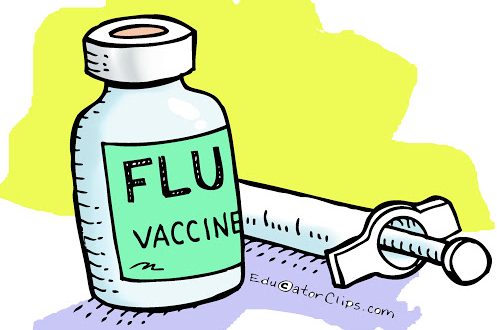
By Dr Jane Healy
There are two new vaccines that many parents and adults may have recently heard about.
They are Bexsero and Menactra.
Both these vaccines protect against the infection caused by the different subgroups of the bacteria Neisseria Meningitidis. There are five common subgroups of the bacteria: A, B, C, W and Y. The bacteria have the potential to cause two very significant and serious infections which can present either as meningitis (an infection of the brain) or septicaemia (an infection of the blood stream).
Due to the vaccination programmes that have been introduced, different subgroups have become more prevalent in the community. Those most at risk of infection include those without a spleen and deficiencies in their immune system. Other risk factors include smokers, those living in crowded conditions, children under 2 and adolescents aged between 15-19.
In Australia there are a number of vaccines available against the various subgroups of the bacteria meningitis. The meningococcal C vaccine is included in the childhood vaccination programme and is a two-vaccine programme that offers lifelong immunity. A recent increase in the number of cases of meningitis from subgroups W has lead to the Victorian Government introducing a funded vaccination program for all 15 year olds (Year 10). The Government funded programme as of July 1st this year will be extended to all children who turn one (1) from then on. Children and adolescents between these age groups can be given the vaccine however it will need to be privately funded. This vaccine does not provide life long immunity and so boosters over time will be required.
Bexsero which is the vaccine available for protection against the meningococcal subgroup B is also recommended for the same age groups. It is not Government funded and requires a number of immunisations as a course initially, to then provide lifelong immunity.
This is a brief discussion about the new vaccines available and we encourage you to come in and discuss the options available to you and your family. We understand the topic of vaccines and what you should do can be daunting. Our aim with these vaccinations is to prevent a rare but significant disease which often presents with little time to treat.




